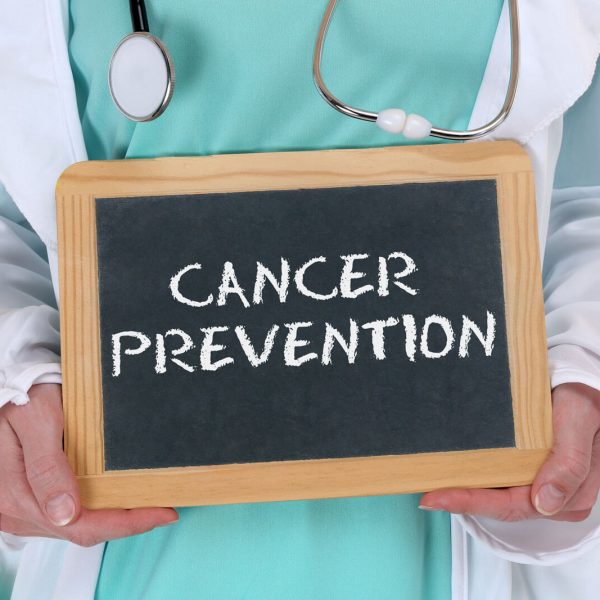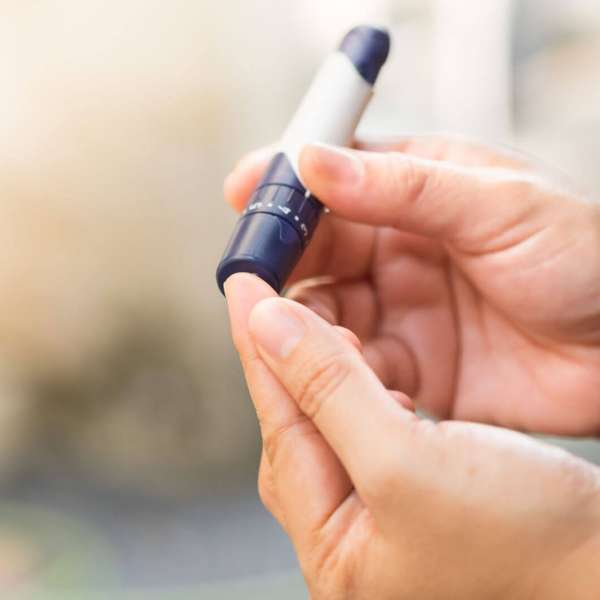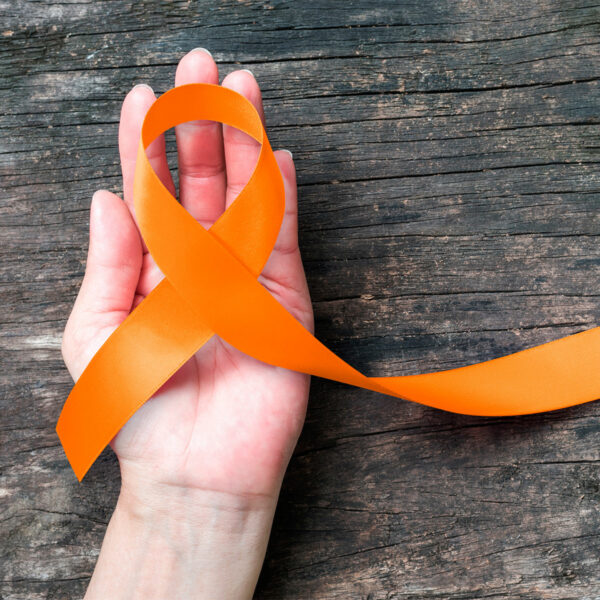After the age of 50, women are at high risk of developing cardiovascular disease, osteoporosis, and breast cancer.
However, if these conditions are detected early and treated immediately, major complications can be avoided. In addition, many of these health problems can be controlled with medications and lifestyle changes, such as eating a balanced diet, exercising, and managing stress.
Therefore, it is of the utmost importance that middle-aged women have their routine or annual checkups and pay close attention to the following three conditions:
CARDIOVASCULAR DISEASES
After menopause, women lose the protection provided by estrogen and the risk of suffering from cardiovascular conditions becomes equal to that of men.
In the absence of risk factors, an electrocardiogram will be enough to determine if there is a problem. Nevertheless, if the specialist performing the study detects arrhythmias, murmurs, hypertension or other problems, they may recommend something more specific, such as a stress test or an ultrasound of the heart (echocardiogram).
High blood pressure, high cholesterol, and diabetes are three of the main risk factors for developing heart disease, which is the leading cause of death in the United States.
One of the reasons high blood pressure is so prevalent in this age group is that the vascular system changes as we age. Factors such as excess weight and stress often go hand in hand with increasing age and can also lead to hypertension.
However, people can have this disease and experience no obvious symptoms, which makes it hard to diagnose. In fact, according to the Centers for Disease Control and Prevention (CDC), nearly 1 in 3 adults with high blood pressure do not know they have it.
OSTEOPOROSIS
According to the CDC, nearly 20% of women over the age of 50 have osteoporosis, a condition that weakens the bones. This is due to the fact that post menopause is one of its risk factors. As estrogen production ceases, the decrease in these hormones often contributes to a decrease in bone density.
To detect the risk level of bone fractures, a bone density test is performed. Once women reach menopause, it is recommended that they undergo this test every 3 years.
Moreover, there are some steps women can take to reduce the risk of osteoporosis:
• Perform muscle-strengthening exercises, such as walking or upper body resistance training.
• Aim to have an optimal level of calcium and vitamin D, both of which are essential for bone health.
BREAST CANCER
Aging is the greatest risk factor for cancer. That is why it is imperative for women to keep up with routine exams. Among these, having an annual mammogram starting at age 50 is vital for their overall health.
In addition, periodic screenings for ovarian cancer and fecal occult blood tests should be done for the early detection of colon cancer and other conditions. If there is a family history of colon cancer, women should undergo a colonoscopy every two years after the age of 50.










